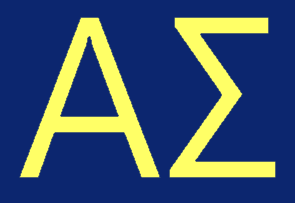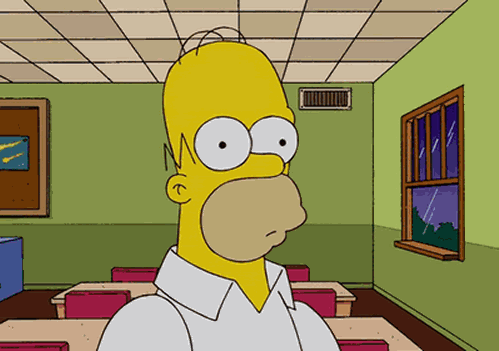The Islander Paradox
The following paradox has been told in various different forms, so you may recognise the structure of logical thought even if the surface is different.
One day an explorer happens upon an island where there are 100 villagers with either brown or blue eyes. After spending a few days with them she discovers lots about their culture, including one particularly strange custom. If any villager finds out the colour of their own eyes then they must commit suicide in the centre of the village at midday the next day. All of the villagers are infinitely logical, by which I mean that they know the rules, and they know the other villagers know that they know the rules, and they know that the other villagers know that they know that the other villagers know that they know the rules and so on.
In the village 95 of the villagers have brown eyes, while only 5 of them have blue eyes. On her departure from the village the explorer states that she was surprised to see that there were both people with blue eyes and people with brown eyes in this area of the world. 6 days later the whole village is dead. What happened?
On the face of it, it looks like the explorer didn't provide any information that the villagers didn't already know. Each of them can see the other 99 villagers and so each could see that some villagers did indeed have blue eyes and while others had brown. However let's follow through some logic. If there were was only 1 person with blue eyes in the village what would happen? After the explorer’s comment the person with blue eyes would only be able to see people with brown eyes and so they would be able to work out that they must have blue eyes. Come midday the next day they would commit suicide. However once they do that, the other 99 villagers would know that the first person could only see brown eyed people and so they would work out that they must have brown eyes and they would kill themselves on the second day.
Let's ramp it up to 2 blue eyed people and 98 brown eyed. On the first day each of the blue eyed people could see another and so they haven't learned anything. However when it comes to the midday on the next day they will see the other blue eyed person not commit suicide. That tells them that the other blue eyed person can see someone else with blue eyes, and so they themselves must have blue eyes. Therefore the second day will have both blue eyed people commit suicide, with the other 98 following on day 3.
This logic continues for any number of blue and brown eyes, with an extra day for each blue eyed person up to 50. So while the explorer's comment doesn't tell anyone any new information, what it does do is start a clock which everyone can synchronise their logic with. Without the constant time period of the once a day thing then each villager would be unsure whether everyone else had made the logic leaps as fast as them.
When we use the word paradox we can mean one of two different things. One is that a system of logic is fundamentally inconsistent such as Russel's Paradox and Newcombe's Paradox. However the other meaning is something that irks with common sense and intuition in a surprising way, but is consistent behind the scenes. Into this category we put things like Monty Hall and the Islander Paradox.





